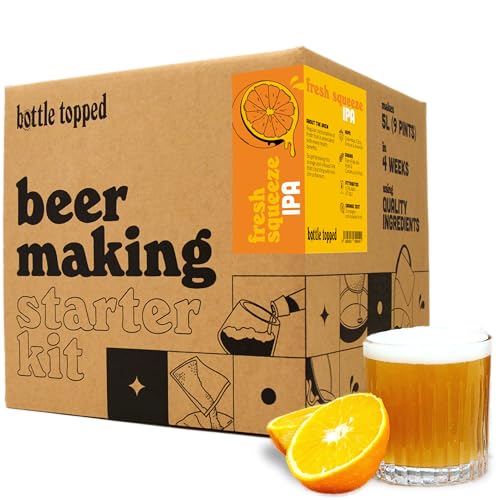Oh wow


I see now why it’s a rabbit hole

cheers

Water treatment can be a rabbit hole but it is only if the brewer makes it so.
Basically my water treatment varies little if at all, there are three ways, the hard way, the easy way and no way.
No way is if you have a water so out of balance with the mineral deposits it becomes nigh impossible to adjust.
The hard way is adjusting between each style, from different parts of the world, who knows what water adjustment goes on to make those beers?
The easy way is only put in the mash the fermentables in the grist, leave the none fermentables out. You can cold steep none fermentables overnight, or hot steep at 77C for 20 minutes. By only putting the base malt and fermentable adjunct in the mash the salt additions will vary little. I am lucky here our water is probably as close to RO water as you could get so my additions really only change between what pH I am after.
So the easy way is to add the none fermentables at mash out the ideal temperature of 77C and for 20 mins. If you decide on which calculator you are going to use there should be a box to tick against the grain for, late addition / mash.
This way whether it is a stout or a bitter there will be little variation if any to the salts added.
Even though the specialty grains are known as none fermentable they aren't really devoid of fermentable sugars, more in the lighter to virtually none in the darker.








































